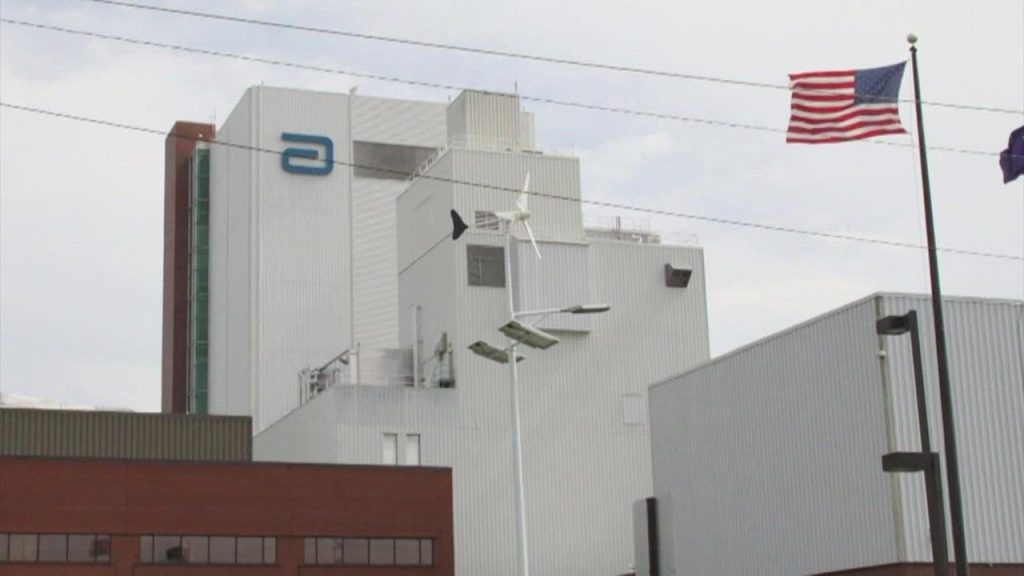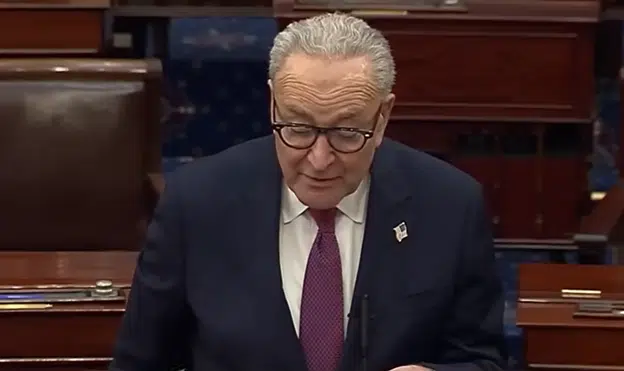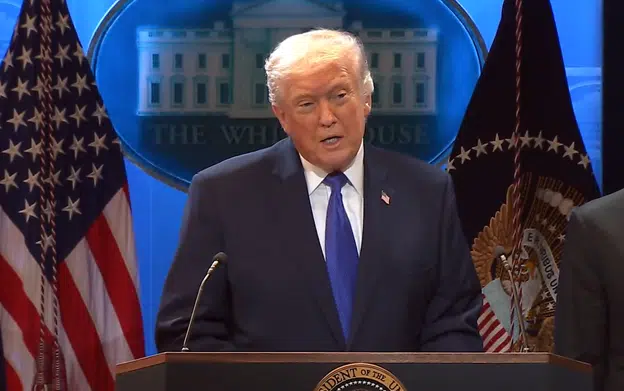
By David Potter
Baby formula shortages in the United States have been an issue since 2021 but recently have become much worse. For the first 7 months of 2021, out of stock (OOS) rates were between 2 percent and 8 percent. The second half of last year saw OSS increase to the double digits to around 11 percent. Now, the latest reported national number is 43 percent OSS on May 8. D.C. and some states such as Tennessee and Texas are experiencing shortage rates over 50 percent.
After an FDA consumer warning on February 17th, after four illnesses and two infant deaths from a bacterial infection n Sept. 2021 and Jan. 2022, presumed to be related to the consumption of Abbott Similac PM 60/40 formula. Abbott voluntarily shut down their plant the same day. According to the Centers for Disease Control and Prevention (CDC), Cronobacter virus is particularly dangerous to infants due to risk for potential for life-threatening sepsis and meningitis.
The bacteria found in each of the ill-stricken patient’s formulas weren’t closely related to each other, according to a whole genome sequencing (WGS) performed by the Centers for Disease Control and Prevention: ““CDC performed whole genome sequencing (WGS) on Cronobacter bacteria isolated from two available patient samples to compare them with environmental samples taken at the facility to determine if there is any relation. At this time, CDC has completed laboratory testing for the two available patient samples. The analysis performed by WGS did not find these samples from patients to be closely genetically related to the multiple strains of Cronobacter found in the environmental samples obtained from Abbott Nutrition’s Sturgis, MI facility. Furthermore, WGS showed that bacteria from available patient samples were not closely related to one another. During the course of this investigation, FDA collected additional product samples from the facility and FDA analysis is ongoing.”
The formula that tested positive for Cronobacter bacteria had already been opened in the patient’s homes. There were no bacteria loads found present in unopened containers of the specific baby formula that the ill infants had consumed.
Abbott confirmed this in their recall notice on their website. “Importantly, no distributed product has tested positive for the presence of Cronobacter sakazakii. Additionally, recently tested retained product samples of Similac PM 60/40 Lot # 27032K80 (can) / Lot #27032K800 (case) were negative for Cronobacter.”
Also, no direct link was established between the bacteria present in the baby formulas consumed by sick infants and the bacteria present at the Abbott plant, according to a May 16 Abbott press statement announcing a consent decree to reopen the facility: “CDC concluded its investigation with no findings of a link between Abbott formulas and infant illnesses… The Cronobacter sakazakii that was found in environmental testing during the investigation was in non-product contact areas of the facility and has not been linked to any known infant illness.”
On May 16, The FDA reached an agreement with Abbott via a consent decree allowing Abbott to reopen its plant. No official reopen date has been announced yet. The company is required to overhaul its safety protocols and procedures before resuming operation. In a press release, Abbott stated that the factory may resume production in two weeks. In a separate statement to Fortune, Abbott said “From the time Abbott restarts the site, it will take six to eight weeks before product is available on shelves.”
And on May 18, President Joe Biden invoked the Defense Production Act to produce more formula, which will require the suppliers of raw materials needed for baby formula to fulfill the orders for Abbott first. But what took the White House so long to notice that almost half of the nation’s baby formula production had been shut down since February and needed to be offset?
While European company Nestle has agreed to increase production and start flying baby formula to the United States from the Netherlands, they have maintained that they are but a small player in the U.S. market. Given this, and the above factors, it will likely be months before parents see ample baby formula supply restored across the U.S.
The Biden administration wants to further increase imports, but it will likely have a difficult time doing that given that the import tariff for baby formula is 17.5 percent.
One contributing factor to the massive shortage is that the U.S. baby formula market is controlled by a monopoly of three major producers, meaning any major shutdown by any single producer would be difficult to offset. The last time the United States Department of Agriculture (USDA) measured, these three companies produced 98 percent of the baby formula in America. Abbott alone produces 43 percent of the nation’s baby formula supply, which was shut down overnight back in February.
The incentive for new players to enter the infant formula market is small because demand is set by birth rate. According to the United States Census Bureau, the U.S. birth rate has declined every year since 2008 except for 2014.
House Speaker Nancy Pelosi (D-Calif.) has suggested that a criminal indictment may be necessary in the “sinful” deaths of the infants. On Wednesday night, the House of passed two pieces of legislation with the goals of increasing FDA inspection staff) and allowing low-income families to continue to use WIC benefits during public health emergencies and supply chain crises. Related legislation is heading to the Senate.
In the meantime, legislation to increase FDA funding only passed along party lines with a vote total of 231-192. Its fate is unclear in the Senate.
A plant that makes 43 percent of the nation’s infant formula was allowed to be shut down for 88 days (time from shut down to consent decree agreement) before action was taken by the Biden administration to set forth conditions to allow it to reopen, let alone to offset the production shortfall. Why is the Biden administration caught in a reactionary state, and only taking measures to address the issue in May of 2022, when the OSS rates have been creeping up for months? This is unacceptable.
How many more shortages and crises will the Biden administration create to fund their perpetual crisis machine and hire more bureaucrats to solve those crises? It’s almost as if Rahm Emanual (a Senior Clinton Advisor who famously said “You never want a serious crisis to go to waste”) is running the Biden administration which has turned into a perpetual crisis machine.
David Potter is a contributing editor at Americans for Limited Government.






